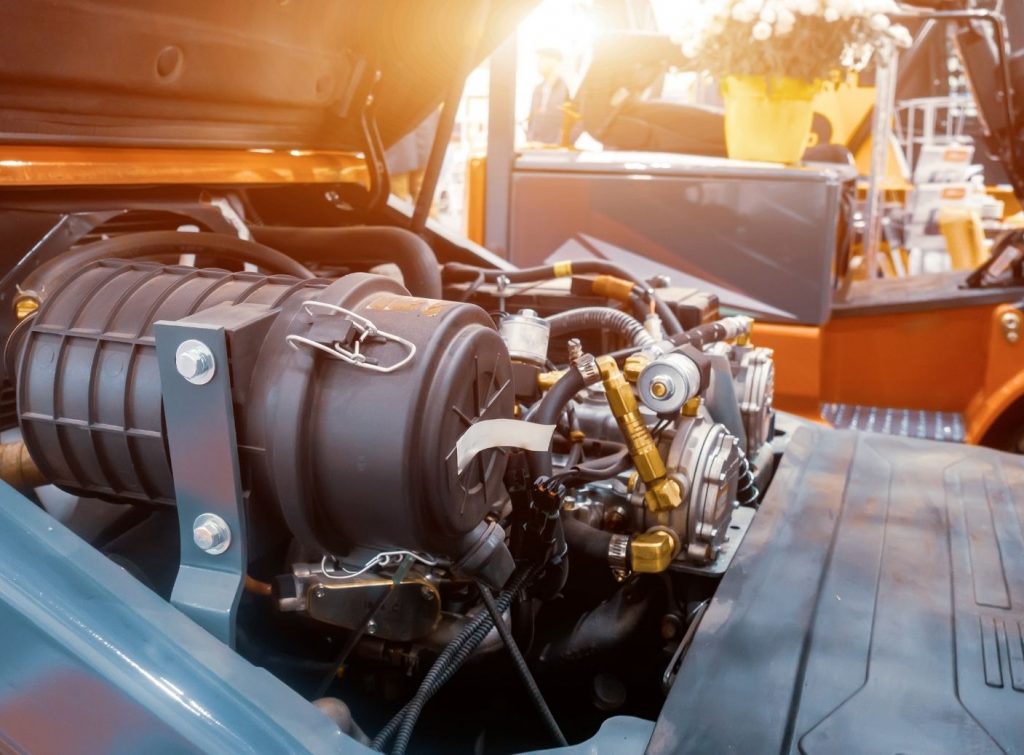Forklift Training & Certification
The Pros and Cons of Diesel Forklifts
There are several types of fuel options forklifts utilize, one of which is diesel. Each fuel type has its ups and downs, so business owners have to know what makes each one beneficial to their workplace needs. This guide will detail the pros and cons of diesel forklifts to help you learn about one of the top options on the market.
Pros
Diesel forklifts are widely known for the torque, speed, and overall power they provide to the operator. Thanks to their impressive torque, operators can use these forklifts to carry heavy-duty loads over uneven terrain—a skill that makes them particularly useful outdoors. Their power and speed also make diesel forklifts perfect for taking those heavy-duty loads over long distances, up and down inclines, and through harsh winter weather conditions. The speed of this forklift applies to both acceleration and lifting.
Another great aspect of diesel-powered forklifts is the initial cost. These forklifts cost less upfront than their battery-powered counterparts. As you can see, diesel forklifts have great attributes, but the cons are crucial to know too.
Cons
The biggest con of diesel forklifts is how they limit your accessibility. By this, we mean you cannot operate these machines indoors except under particular, strict conditions. Indoors, diesel forklifts can only operate for a brief period of time and only if the area is successfully optimized for combating the vehicle’s harmful emissions. Using diesel forklifts indoors without enough ventilation promotes the accumulation of toxic fumes that no employee should be inhaling. Diesel forklifts are also very noisy and come with high maintenance costs.
Now that you know the pros and cons of diesel forklifts, it should be very apparent whether they are the right choice for your work environment. If so, reach out to a reputable vendor to begin building your fleet today. Don’t forget to schedule forklift training classes for employees so they can learn the ropes and earn their certification before their first day on the job.


